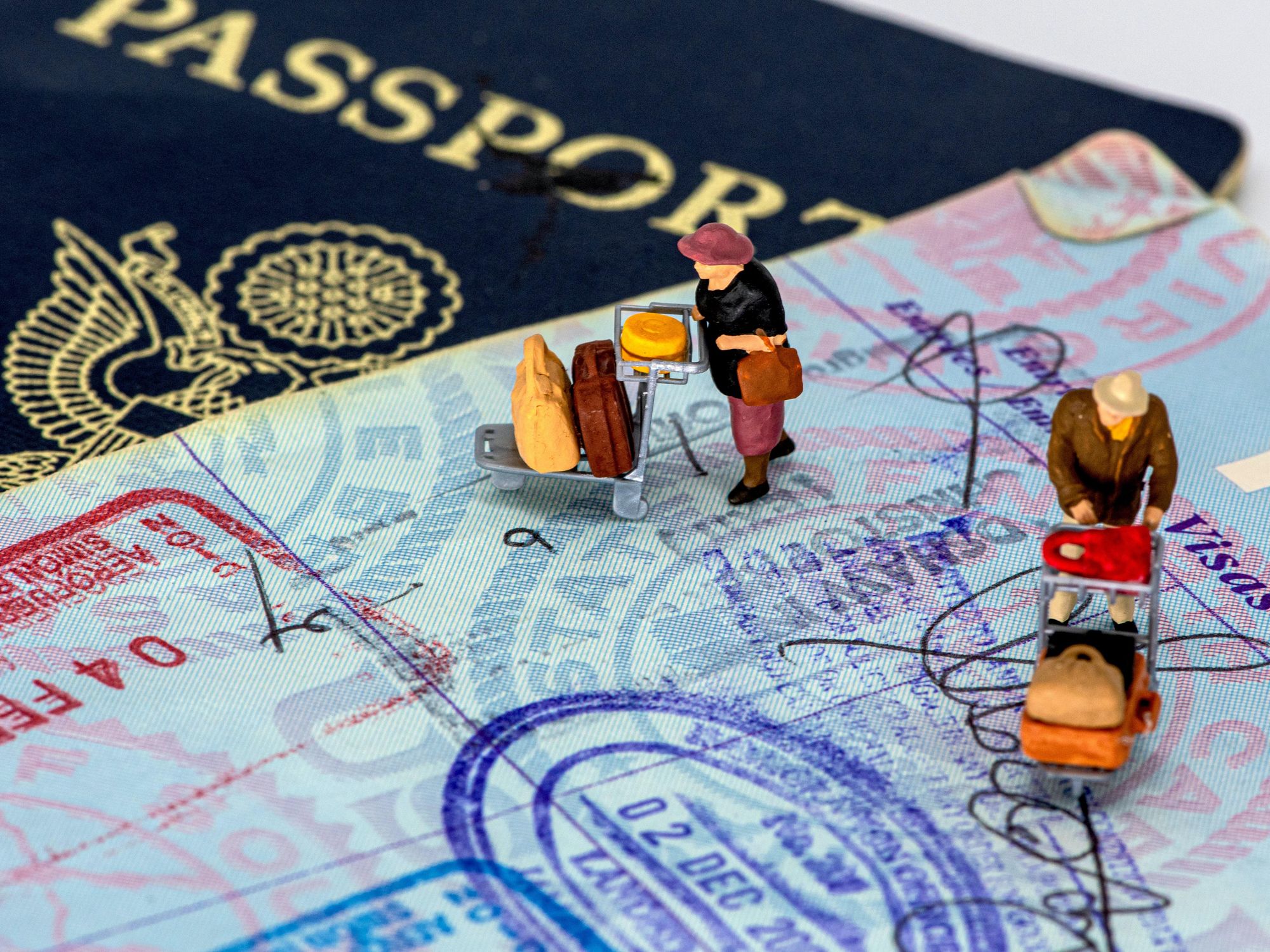LA’s Ukrainian Community Seeks More Visas for Country’s Tech Workers

Russia’s invasion of Ukraine has rocked the latter’s fledgling tech and venture capital landscape, and prompted calls from Ukrainian community leaders in Los Angeles to expand the H-1B visa program to accommodate possible refugees.
“We need to get people out of Ukraine and get them working,” Laryssa Reifel, president of the Ukrainian Culture Center in East Hollywood, told dot.LA.
To that end, Reifel said that she and other leaders in the city’s Ukrainian community are expected to meet in coming days with Rep. Adam Schiff—the Democrat who represents California’s 28th congressional district and chairs the House Intelligence Committee—to lobby for expanded hiring practices by U.S. companies offering H-1B visas.
“If we are staring down the precipice of 5 million refugees hitting the Polish border trying to escape Russian oppression—and that’s if—then you are talking about potentially creating visas for millions of people to go to a myriad of countries, most of which are likely to be NATO countries,” said Reifel, a first-generation Ukrainian-American and one of roughly 112,000 people of Ukrainian descent who call California home. “One of those nations is likely to be the U.S., in which case the kind of visa you might open up for them is the H-1B.”
In a statement to dot.LA, Schiff said the U.S. “has a moral duty to help civilians who are now in harm’s way to find safe harbor.”
“I will work to support efforts to resettle Ukrainian refugees here in the United States, in California, and in Los Angeles, through both new and existing avenues such as visa programs, and I look forward to working with my colleagues in Congress on a bipartisan basis,” Schiff said.
The H-1B visa program is somewhat of a political hot potato in the U.S.—with detractors long arguing for tighter caps on how many workers should be granted visas, and where they should come from. Tech industry employers, on the other hand, have lobbied for looser restrictions given difficulties encountered in hiring U.S.-trained professionals in the science, technology, engineering and math (STEM) fields.
For the fiscal year ending Sept. 30, the U.S. has selected nearly 132,000 H-1B visa applicants from around the globe, with specific caps imposed on how many people per country can come to the U.S. under the temporary work program. According to U.S. Citizenship and Immigration Services, some of the largest local tech employers of H-1B visa workers include video game developer Activision Blizzard, social media platforms Snap and TikTok, electric automaker Rivian and Disney-owned streaming service Hulu.
As the military conflict in Ukraine escalates, Reifel wants the U.S. to considerably boost the number of H-1B workers who can arrive from the country. Only 548 Ukraine-born applicants petitioned for H-1B visas in the 2019 fiscal year—roughly 0.1% of the approximately 421,000 people who applied globally, and well behind the likes of India (approx. 314,000 petitions) and mainland China (approx. 50,000 petitions).
Reifel said ramping up the number of visas granted to Ukrainian workers is important given deteriorating conditions in the country that are impacting the Ukraine-based employees of U.S. firms. She said she’s aware of “a number of companies in Southern California and in Silicon Valley, in particular, who have employees in Ukraine who are in distress”—though she declined to identify which companies, citing fear of retribution to them and their workers in Ukraine by Russian aggressors.
Despite a deep pool of tech talent, Ukraine’s startup scene remains small compared to other European countries. Last year saw 28 venture capital-backed companies headquartered in Ukraine raise a combined $10.4 million in funding, according to PitchBook data.
- Ukraine-Russia Conflict Should Give TikTok Cause for Concern - dot.LA ›
- Startups With Tech Staffs in Ukraine - dot.LA ›
- Ukraine-Russia Conflict Should Give TikTok Cause for Concern - dot.LA ›
- Ukraine-Russia Conflict Should Give TikTok Cause for Concern - dot.LA ›





 Image Source: Skyryse
Image Source: Skyryse